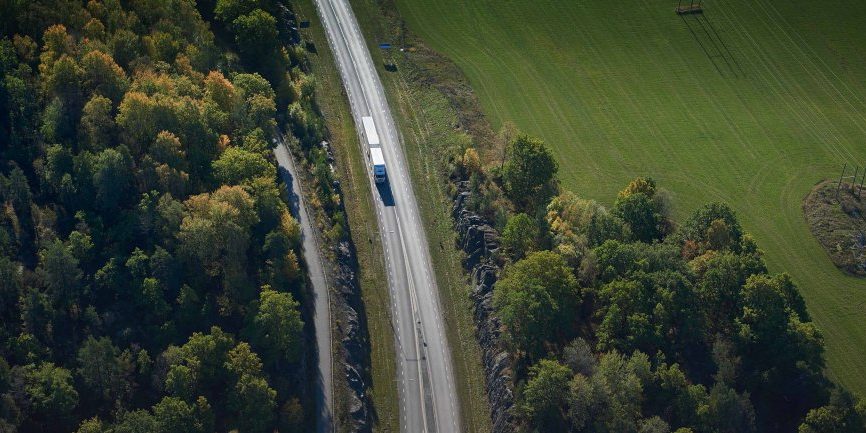Scania announced they have developed the first fuel cell trucks for delivery to Swiss customers: Emmi AG, Genossenschaft Migros Zürich, Gysin Tiefbau AG and TRAVECO Transporte AG. Scania has previously developed fuel cell trucks in research projects and collaborations. However, the Swiss vehicles are Scania’s first to be sold commercially to customers.
With a total operating weight of between 40 to 70 tons, the trucks will be delivered to Switzerland in 2024 and 2025. The companies have varied operations: Emmi AG is a dairy company, Genossenschaft Migros Zürich operates in retail, Gysin Tiefbau AG is a construction company that transports heavy machinery in the Basel region and TRAVECO Transporte AG is a national logistic company.
For Genossenschaft Migros Zürich, the promise to the environment and their customers to actively reduce CO2 emissions makes them focused on alternative technologies. “Thanks to our long-standing cooperation with Scania, we are convinced that we have also chosen the right partner in the field of hydrogen,” said Marco Grob, Head of Logistics Transport.
Another long-term partner is Gysin Tiefbau AG: “The Scania trucks we already have fulfil our expectations, but we would really like to stop using fossil fuels. For us, a truck with fuel cells is a great option, and to contribute to further development in this area is something we all will benefit from,” commented Alex Gysin, General Manager.
Based on its sustainability model and netZERO 2050 reduction path, Emmi AG relies on renewable energies for the procurement of their vehicles: “With Scania, we have a strong partner by our side who is driving into the future with us and supports us in achieving our ambitious sustainability goals by means of this pilot project. In this way, we are jointly making our contribution for tomorrow,” explained Stefan Leyers, Fleet Manager.
TRAVECO Transporte AG has seen its sister company Agrola investing in hydrogen filling stations for some time. “For this reason, it is obvious for us to invest in hydrogen technology. Moreover, it is an energy carrier in which we see potential for the future. With Scania, we have a long-standing and reliable partner who supports and accompanies us in the goal of decarbonisation,” added Otti Häfliger, Managing Director.
To accelerate the shift, Scania needs all sources of renewable energy. Hydrogen is a promising energy carrier, a good way of storing renewable energy over long cycles, and it will play an important role in decarbonisation the energy system if produced from renewable energy. “To accelerate the transition to emission free transports, we need to be open-minded and consider that some types of transports are hard to abate in other ways,” concluded Tony Sandberg, Head of Scania Pilot Partner.
Source: Scania








1 Comment